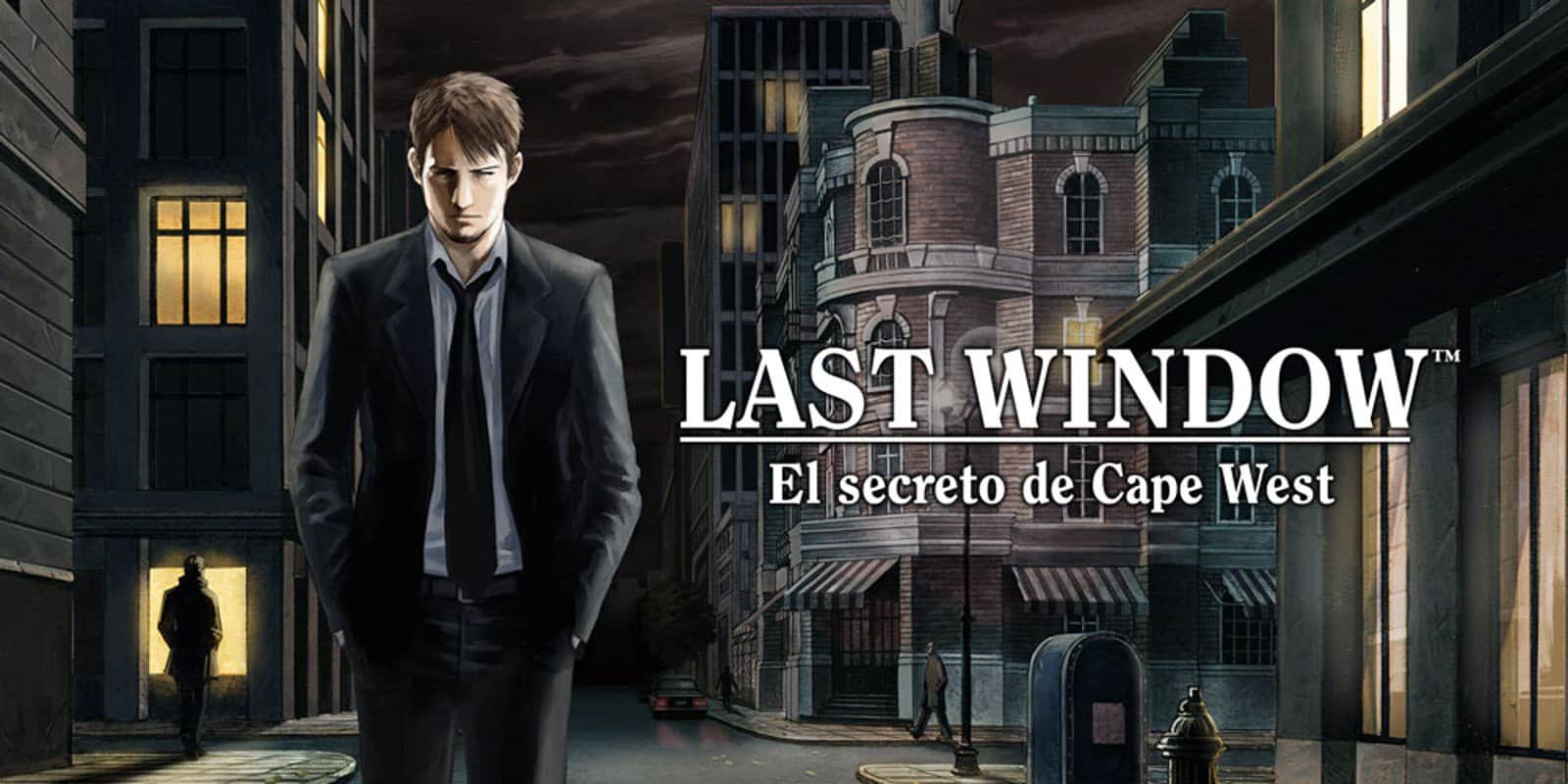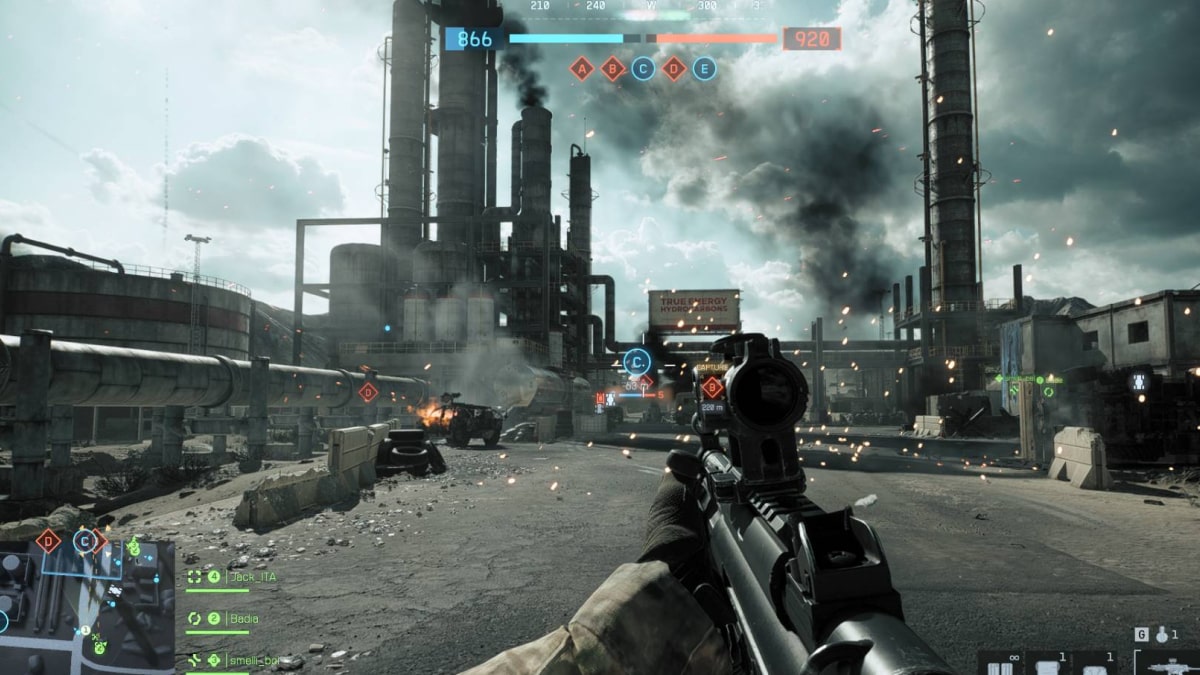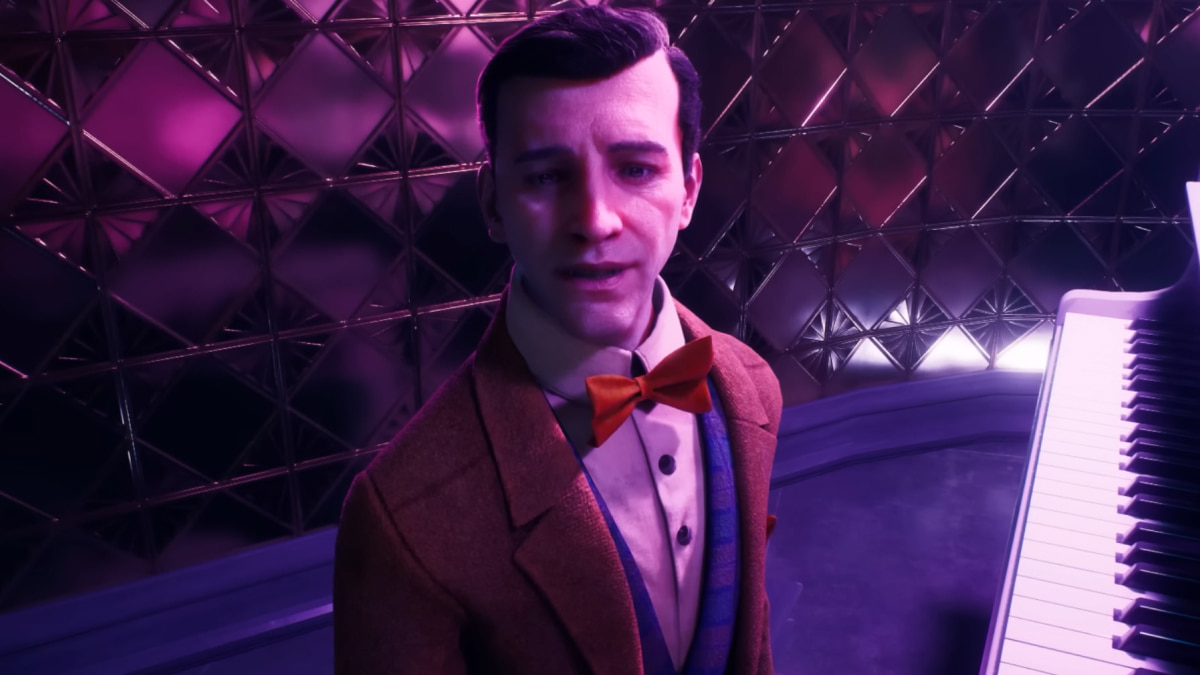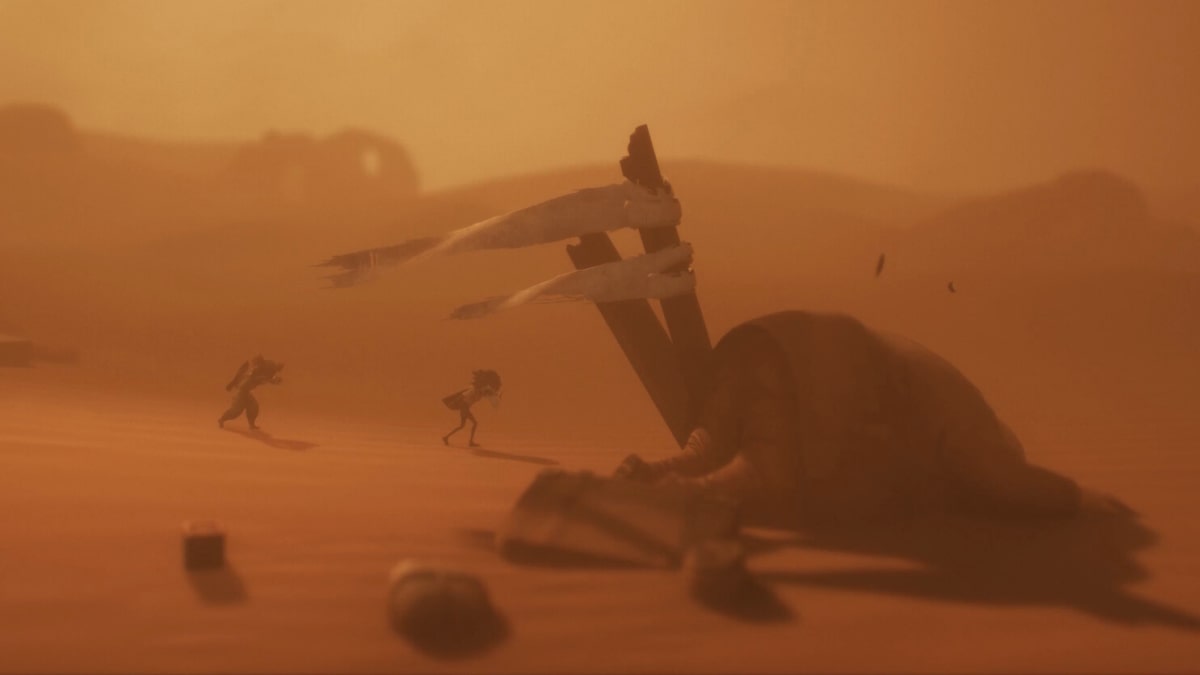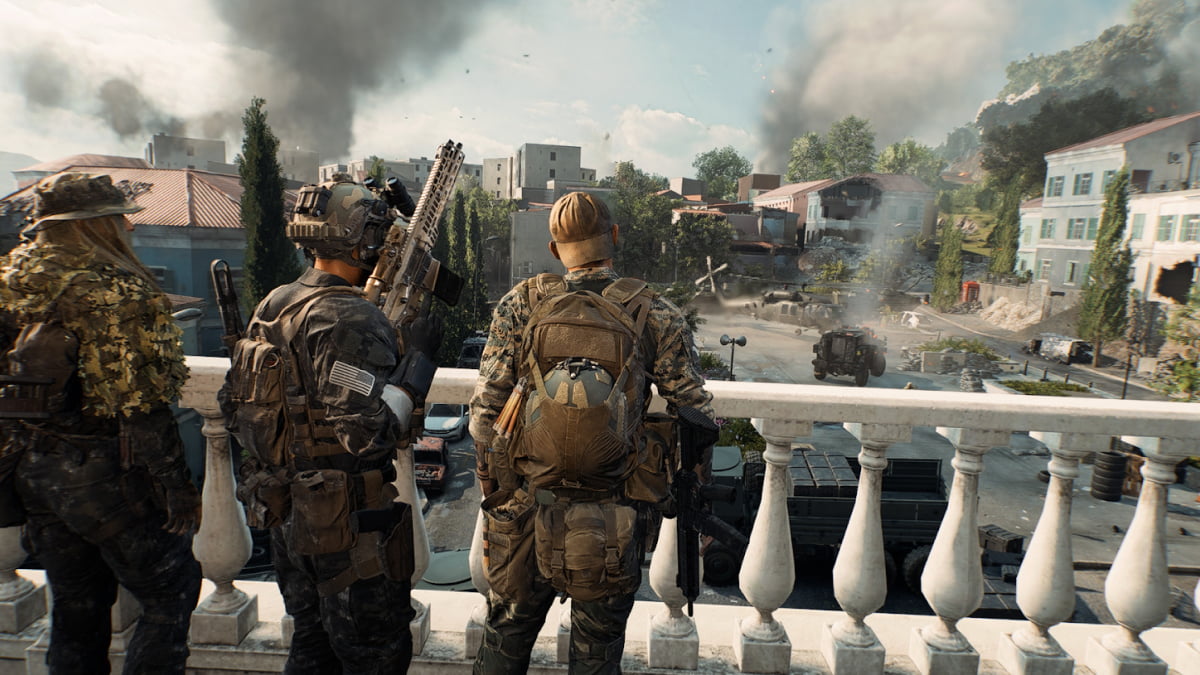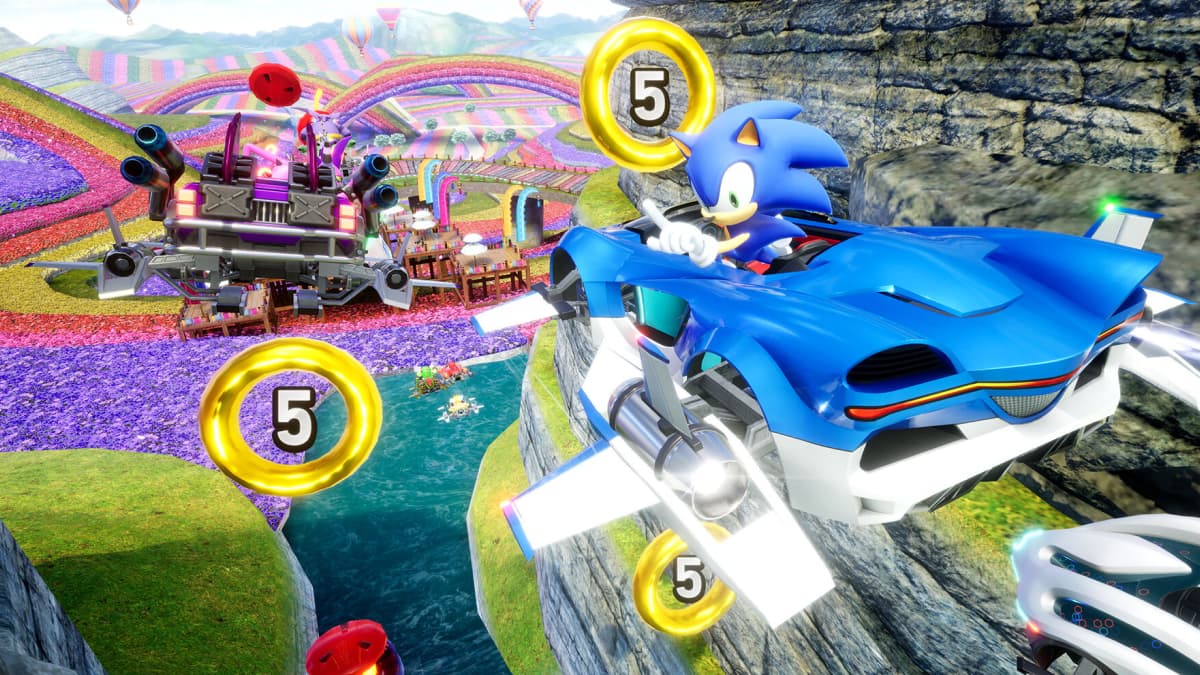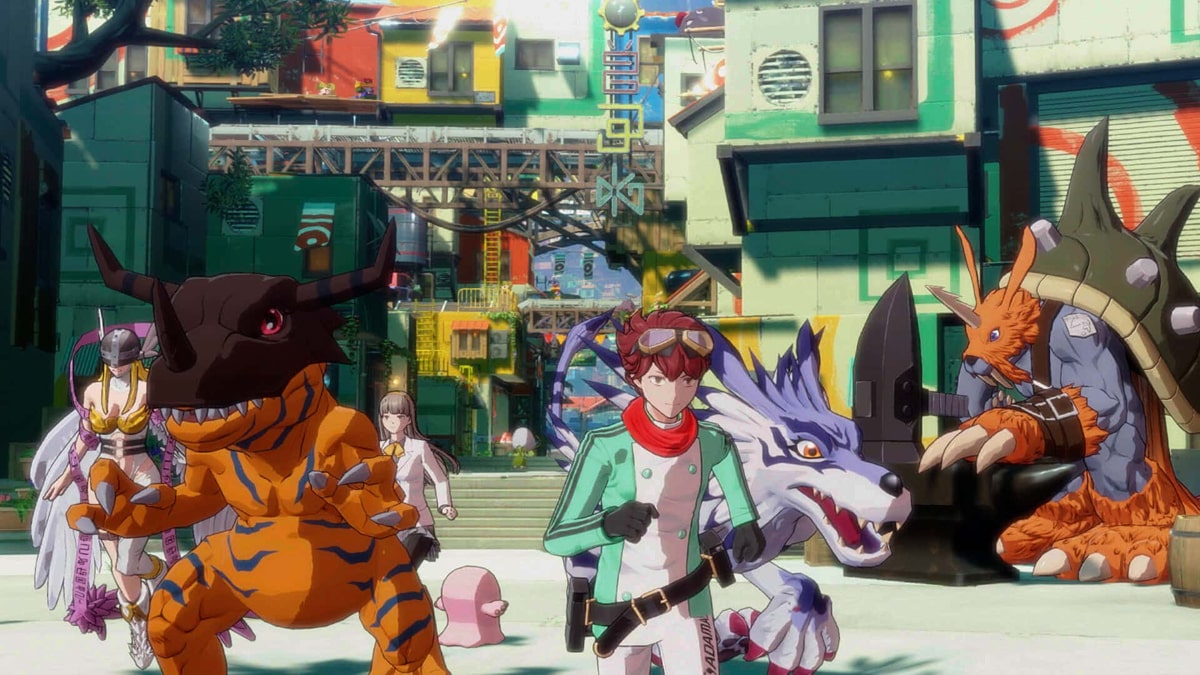You can trust VideoGamer. Our team of gaming experts spend hours testing and reviewing the latest games, to ensure you're reading the most comprehensive guide possible. Rest assured, all imagery and advice is unique and original. Check out how we test and review games here
Last Window is something of a bittersweet release for me. On the one hand, it’s the long-awaited sequel to Cing’s classic Hotel Dusk – which means the return of goateed detective Kyle Hyde, of the gorgeous hand-sketched art style, and of odd puzzles that find you messing about with doorstops, plastic rulers, and other curiously useful household objects. Unfortunately, it’s also the last game that Cing made before it went tits-up at the start of the year – meaning that it’s also the end of the road for the franchise.
Still, it’s strangely appropriate that there’s an air of tragedy about Last Window, because the game itself deals fairly heavily in melancholia. Don’t let that put you off, though. The story that gradually unfolds here isn’t a depressing one; it just happens to focus on a group of characters who’ve all suffered more than their fair share of Bad Stuff. If you played through Hotel Dusk you’ll know that Cing has (or rather, had) a knack for handling this kind of mature material, but if not you might be surprised at the subtlety and emotional depth on display. This is a rare beast – an “adult” game that for once is actually worthy of the label.
Like its predecessor, Last Window plants us in well-worn shoes of Kyle Hyde – a former NYPD detective who left the force after putting a bullet in his corrupt partner, Bradley. Hyde now works for Red Crown, a door-to-door sales company that acts as a front for far more a secretive business – one which recovers lost or missing items on a client-by-client basis. Hotel Dusk was set in 1979 and followed Hyde over a 24 hour period as he visited the eponymous motel, ultimately solving a sinister mystery that tied in to his own past. For Last Window the setting skips forward a year to December 1980, while the narrative span extends to encompass an entire week.
Within seconds of the game starting, Hyde finds himself in hot water: he’s newly unemployed, thanks to an argument with the boss of Red Crown, and it turns out that the owner of his apartment block is turfing out all the tenants. Then, just as he’s dealing with this double whammy, an anonymous client sends him a vague but enticing order. As before, the ensuing story finds Hyde delving into the past, digging up the history of both Cape West Apartments and the people who live there. It soon becomes apparent that everyone has something to hide, and that certain parties may stop at nothing to keep the truth buried.
To a certain degree, Last Window is a variant of the point-n-click adventure game – a genre that’s enjoyed a certain comeback over the past few years. Unlike the majority of its peers, Cing’s game isn’t really that concerned with weighing the player down with hundreds of puzzles. For much of the time your only concern is working out where to go next, and who you should be talking to; find the right person, and the next chunk of narrative will unfold. At times you’ll feel like you’re making your way through an interactive novel rather than playing a game – a feeling that is supplemented by fact that you play with the DS held sideways-on, so that it resembles a book.
When you do encounter a puzzle, it’ll usually involve the manipulation of everyday items. One early poseur requires you to shut down a noisy fire alarm; another finds you struggling to get coins out of a piggy bank without breaking it. Sometimes the answer simply requires you to use an item you’ve picked up, but often the solution forces you to use the stylus to manipulate something on the touchscreen, or to use one of the DS’ other inputs in an odd (but usually rather original) way. It would be great to give a concrete example of these moments, but considering how comparatively rare they are, it would deeply unfair of me to deprive you of the game’s little surprises.
I’m quite aware that for the average twitch-gamer, the experience I’m describing sounds roughly as exciting as a five-hour lecture on the history of girders. There’s no denying that Last Window is a muted and rather peaceful game for much of its duration, but in fact there’s a strong sense of brooding tension that builds as the story gains momentum. The 24-hour timeframe of Hotel Dusk meant that the plot kicked into gear quite quickly; things take a little longer to get going this time around, but when the plot sinks its teeth into you, the chances are that you’ll be totally sucked in.
Cing’s beautiful rotoscoped graphics have a major role to play in this envelopment, and once again the action is complimented by a jazzy soundtrack that really makes the most of the DS’s aural capabilities. While it’s perhaps fair to say that none of the background tracks quite reach the dizzying heights of Hotel Dusk’s best moments, there are still a lot of top-class tunes to enjoy. You may well catch yourself humming some of the lighter, catchier numbers, but it’s arguably in the darker, sadder moments that the soundtrack really excels. Despite the fact that the story unfolds entirely in one location, Last Window perfectly captures the loneliness of life in a big city.
If it’s the look and sound of the game that create its rich and memorable atmosphere, it’s the characters that really make the whole thing work. It’s odd really, because despite the clear care and detail that’s gone into each cast member, they each only have a limited selection of animations to represent them – and yet they somehow end up as some of the deepest, best-drawn characters in modern gaming. From Tony Wolf, a cash-scrounging musician with a kind heart and a surprisingly fierce temper, to Marie Rivet, a grieving widow who’s terrified of the secrets she hides – everyone feels like a solid, believable creation. It’s not like the cast have the luxury of voice-acting to fall back on, either: their words may be conveyed by on-screen text, but you’ll believe every line of it – every withering put down, frightened denial or pained confession. Once again, Kyle Hyde himself is the best of the bunch – a man whose morose and cynical exterior covers his kind, heroic nature. Also, his beard is magnificent.
Structurally, Last Window is a near-replica of Hotel Dusk. This sequel is a little better at pointing you in the right direction, so you’ll probably spend less time wandering around aimlessly. Despite the calm pace, you’ll occasionally be confronted by a situation that can lead to an instant failure and a ‘Game Over’ screen; these tend to only reset you by a few minutes of play-time, so they’re a minor annoyance at worst. Most of the puzzles are simple and gratifying to solve, although there are a couple of unexpectedly hard bits – one of which had me stumped for a couple of days. There is in fact a rudimentary help system this time, but it’s buried away within one of the odder new features – a novelisation of the game that unlocks as you complete each of the 10 chapters. Given that the core experience is already fairly close to being an electronic book, this is a bit of a strange addition. The writing in this text-only story is functional at best, and the narrative lacks the atmosphere or charm of the main game, but there are a couple of nice surprises to be found here if you explore properly – as any good detective should.
At the risk of restating the bleeding obvious, it’s the plot that’s the main draw here. Given that a significant proportion of the plot takes place in the past – albeit a past riddled with theft, adultery and murder – it’s constantly surprising how exciting the plot can get. It’s also rare to see a game that’s so prepared to explore topics like guilt, regret and mortality, that’s brave enough that it attempts to make the player feel something, and that actually succeeds in this goal. It’s sad indeed that we’ll see no more of Cing or Kyle Hyde, but as valedictions go, Last Window is a corker.

/https://oimg.videogamer.com/images/8d07/last_window_1.jpg)
